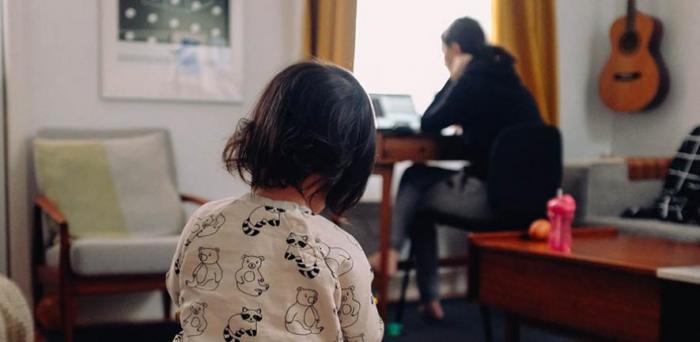This is according to a new study of “time-use diaries” kept by 766 UK citizens from across the social spectrum during three points in time: the last month of normality, the first lockdown, and the last lockdown in March of this year.
Economists from the University of Cambridge and Queen Mary University of London collected data that charted time spent on activities during both typical work and nonwork days to map changes to the rhythm of life for millions.
The study, published in the journal PLOS ONE, found marked differences between genders, particularly parents of young children, and that increases in odd working hours and downtime spent alone were detrimental to wellbeing.
“The lockdowns resulted in drastic changes to patterns of time use, disrupting routines and blurring the distinction between work and family life,” said co-author Dr Ines Lee from Cambridge’s Faculty of Economics.
“We have hopefully seen the end of lockdowns, but our study holds lessons for hybrid working, as splitting time between home and office becomes more common.”
“Employers should promote better work-life balance in the post-pandemic world. This could include limits on emails outside working hours, home-working schedules that suit parents, and options for younger workers left isolated by reduced in-person networking,” said Lee.
The researchers looked at amounts of time each individual spent on activities in four broad categories: employment (excluding commutes); “housework” (from shopping to childcare); leisure (e.g. hobbies or home entertainment); subsistence (meals, sleeping, personal care).
While previous studies have focused on the initial lockdown, this is one of the first to examine the effects of repeated COVID-19 containment measures on our lives and routines.
Image: Child and mother during lockdown
Credit: Charles Deluvio via Unsplash
Reproduced courtesy of the University of Cambridge
